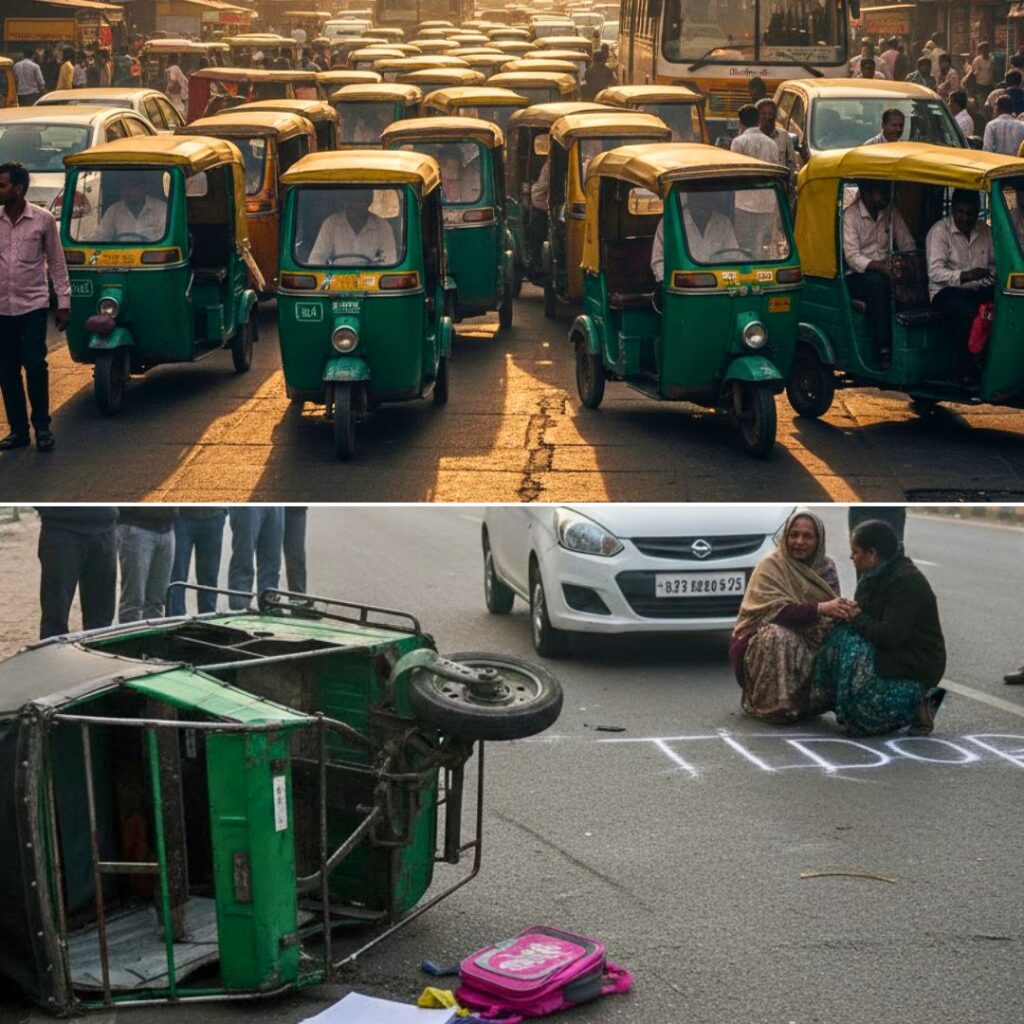The Supreme Court has taken suo motu cognisance of a disturbing cyber fraud involving the “digital arrest” of a senior citizen couple in Ambala, Haryana, who lost ₹1.5 crore to scammers impersonating CBI and ED officials. Over 13 days, the elderly couple was coerced via fake court orders and video calls into transferring money.
The Court condemned this as a severe attack on public trust and judicial dignity, issuing notices to the Centre, Haryana Police, and cybercrime units for detailed responses. The case exposes the increasing threat of psychological and financial exploitation of seniors through digital scams, demanding urgent remedial action.
The Digital Arrest Scam: How It Unfolded
The scam targeted former Haryana Roadways auditor Shashibala Sachdeva and her husband between September 3 and 16, 2025. The fraudsters used fake Supreme Court and Enforcement Directorate orders bearing forged signatures to convince the couple they were under legal investigation and “digitally arrested.”
Threatened with arrest and monitored surveillance, the victims transferred over ₹1 crore from bank deposits to multiple accounts controlled by scammers. This elaborate social engineering exploit caused significant physical and emotional stress to the couple, who only reported the crime after the husband’s health deteriorated. Authorities registered FIRs under new Bharatiya Nyaya Sanhita provisions focusing on cybercrime and imposture.
Judicial and Governmental Response
The Supreme Court, headed by Justices Surya Kant and Joymalya Bagchi, highlighted the gravity of the crime as a direct assault on the rule of law and the dignity of judicial institutions. It directed the Centre, CBI, Haryana government, and Ambala Police to report on current strategies to counter such frauds and safeguard vulnerable senior citizens.
The Indian Cyber Crime Coordination Centre (I4C) is reviewing these cases, with plans to strengthen advisory notices and enhance interagency coordination. The Court has scheduled a follow-up hearing on October 27, 2025, and called on the Attorney General for further assistance in framing policy responses.
Cybercrime Against Seniors: A Growing National Crisis
Reports from cybersecurity firms and government studies reveal an 86% rise in cyber fraud targeting senior citizens in recent years, as their growing digital engagement exposes vulnerabilities.
These scams exploit the psychological traits of seniors, including trust and fear of authority, often using forged legal documents or urgent crisis scenarios. Experts warn that such crimes amount to “psychological warfare” designed to dismantle victims’ confidence and financial security. India’s senior population is projected to reach over 190 million by 2031, intensifying the urgency for targeted protections.
Expert Advice for Protecting Senior Citizens
Cybersecurity experts emphasise several practical measures for safeguarding seniors:
- Never trust unsolicited calls, messages, or emails demanding money or personal information without independent verification through official channels.
- Avoid clicking on suspicious links or downloading files from unknown sources; use tools like VirusTotal to scan suspicious URLs.
- Use strong passwords and enable two-factor authentication on all digital accounts.
- Families and caretakers should help seniors establish trusted representatives with authorised transaction approval to prevent exploitation.
- Banks and telecom providers should rigorously enforce Know Your Customer (KYC) and authentication protocols, and flag suspicious activities.
- Community awareness campaigns and capacity-building workshops are crucial to improve digital literacy, empowering seniors against evolving scams.
The Logical Indian’s Perspective
This case reflects a troubling facet of India’s digital transformation where technology is weaponised against those it aims to empower. The Logical Indian applauds the Supreme Court’s outrage and proactive stance, urging all stakeholders, government, private sector, civil society, and families, to unite in creating a resilient ecosystem of education, enforcement, and empathy.
Digital safety for seniors must move beyond reactive justice to a culture of preventive guardianship marked by kindness and vigilance.












